Google extends Chrome support for Windows 7 until 2022
The company says the COVID-19 pandemic has stalled some businesses' Windows 10 migration plans

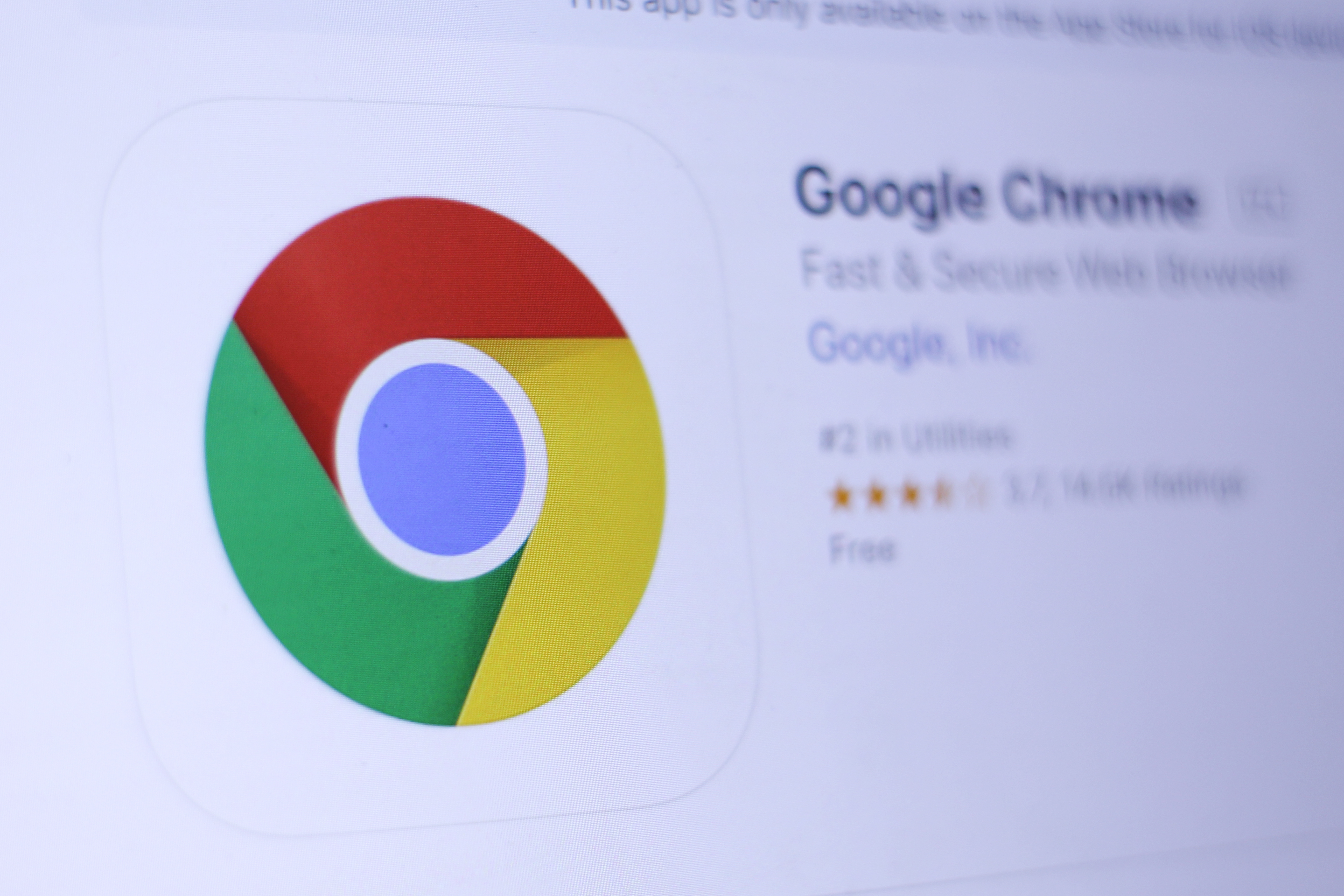
Google has announced that its extending Chrome support for enterprises using Windows 7 until at least 15 January 2020.
Back in January, Google announced that it would stop supporting the browser on Windows 7 from 15 July 2021. However, in a post on the Google Cloud blog, the company has revealed that its extending support for an additional six months, with support now set to end in January 2022.
The company said it's decided to extend support due to the difficulties businesses have faced due to the remote working arrangements necessitated by the COVID-19 pandemic.
"This year has presented a lot of challenges for organisations of all sizes," said Max Christoff, engineering director of Google Chrome. "Facing difficult business and technology decisions, supporting a changing work environment, and navigating uncertainty are among just a few of the issues IT leaders have faced over the course of 2020."
The decision has also been spurred by the fact that a significant proportion of businesses are still using the decade-old operating system. Although Microsoft stopped providing security updates for Windows 7 in January this year, Google's figures show that 21% of organisations using Chrome on Windows 7 are still working to migrate over to Windows 10.
"While the past few months served as a catalyst for technology investments and digital transformation initiatives for many organizations, for others, some planned IT projects may have had to take a back seat.
"Our hope is that this extension gives our enterprise customers the flexibility they need to continue supporting their workforce, while moving off of Windows 7 as their situation allows."
Sign up today and you will receive a free copy of our Future Focus 2025 report - the leading guidance on AI, cybersecurity and other IT challenges as per 700+ senior executives
News of this six-month extension comes just days after Google debuted Chrome 87, which it claims "represents the largest gain in Chrome performance in years". The company claims the update has the potential to reduce CPU usage by up to five times and to extend battery life by up to 1.25 hours.
Carly Page is a freelance technology journalist, editor and copywriter specialising in cyber security, B2B, and consumer technology. She has more than a decade of experience in the industry and has written for a range of publications including Forbes, IT Pro, the Metro, TechRadar, TechCrunch, TES, and WIRED, as well as offering copywriting and consultancy services.
Prior to entering the weird and wonderful world of freelance journalism, Carly served as editor of tech tabloid The INQUIRER from 2012 and 2019. She is also a graduate of the University of Lincoln, where she earned a degree in journalism.
You can check out Carly's ramblings (and her dog) on Twitter, or email her at hello@carlypagewrites.co.uk.
-
 Microsoft unveils Maia 200 accelerator, claiming better performance per dollar than Amazon and Google
Microsoft unveils Maia 200 accelerator, claiming better performance per dollar than Amazon and GoogleNews The launch of Microsoft’s second-generation silicon solidifies its mission to scale AI workloads and directly control more of its infrastructure
-
 Infosys expands Swiss footprint with new Zurich office
Infosys expands Swiss footprint with new Zurich officeNews The firm has relocated its Swiss headquarters to support partners delivering AI-led digital transformation
-
 Google adds new security vendor plugins for Chrome, improved Chrome OS policy controls for IT admins
Google adds new security vendor plugins for Chrome, improved Chrome OS policy controls for IT adminsNews New integrations across various security pillars aim to improve Chrome OS and Chrome browser security for enterprise customers
-
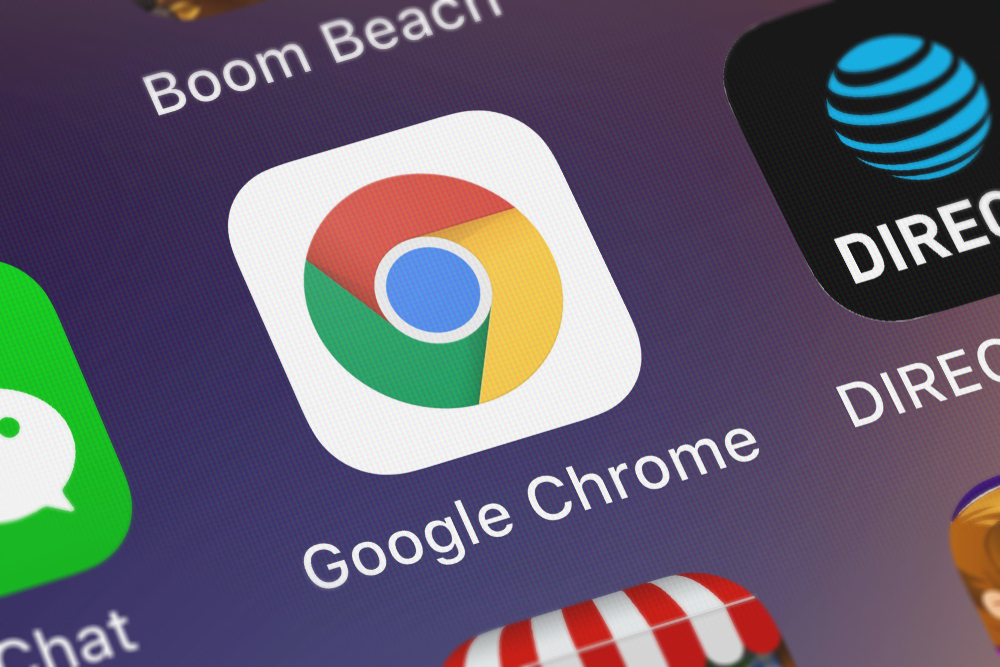 Google says Chrome is now faster than Safari on Apple Silicon
Google says Chrome is now faster than Safari on Apple SiliconNews According to Apple's own benchmarks, Chrome 99 scored the highest out of any browser ever tested
-
 Raspberry Pi OS finally gets a 64-bit release
Raspberry Pi OS finally gets a 64-bit releaseNews After nearly two years in development and beta testing, the 64-bit version unlocks the Raspberry Pi's full 8GB memory
-
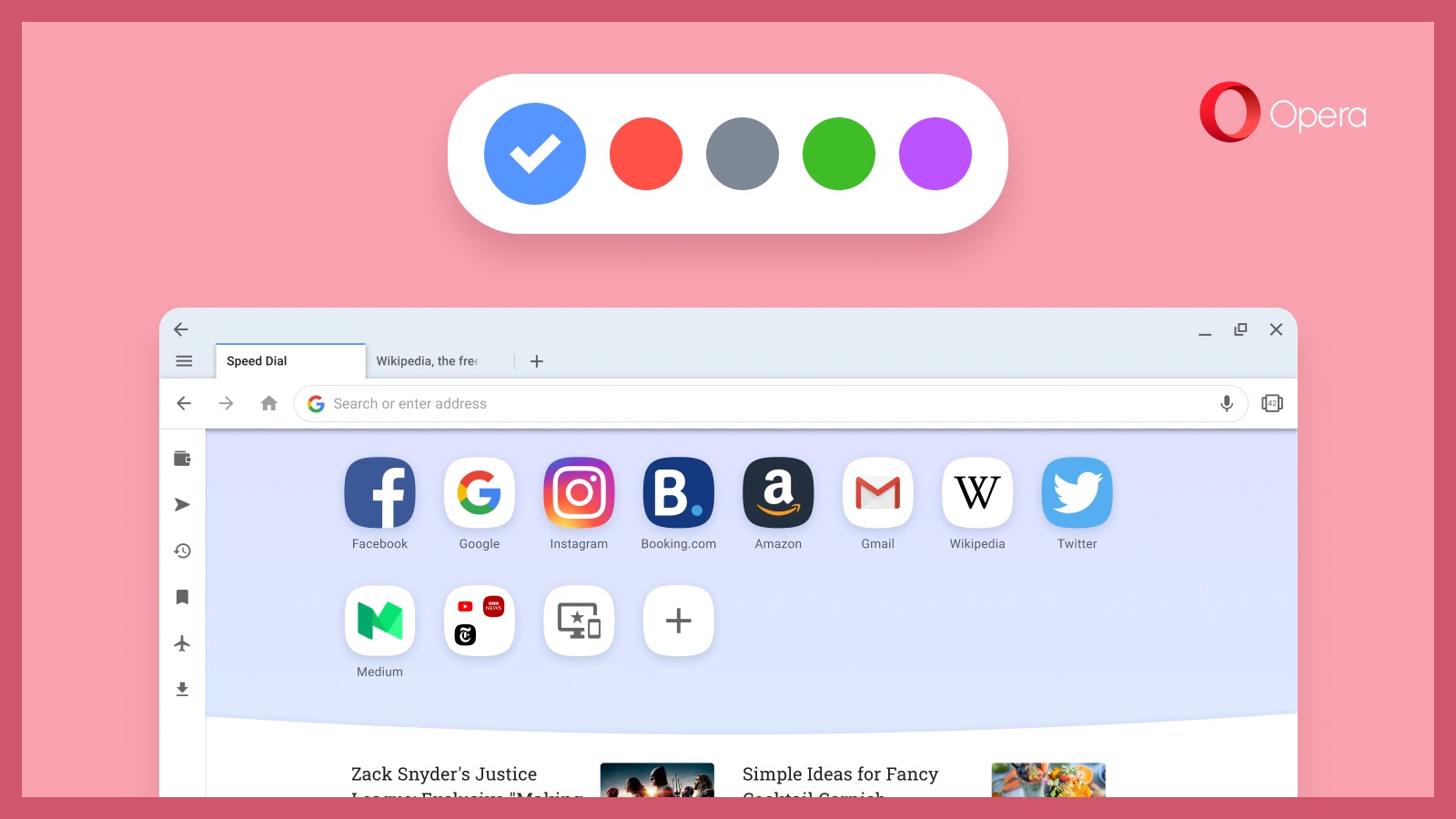 Opera update adds free VPN, built-in ad blocker to ChromeOS browser
Opera update adds free VPN, built-in ad blocker to ChromeOS browserNews The browser claims to be the first to be fully optimised for ChromeOS since the operating system launched in 2011
-
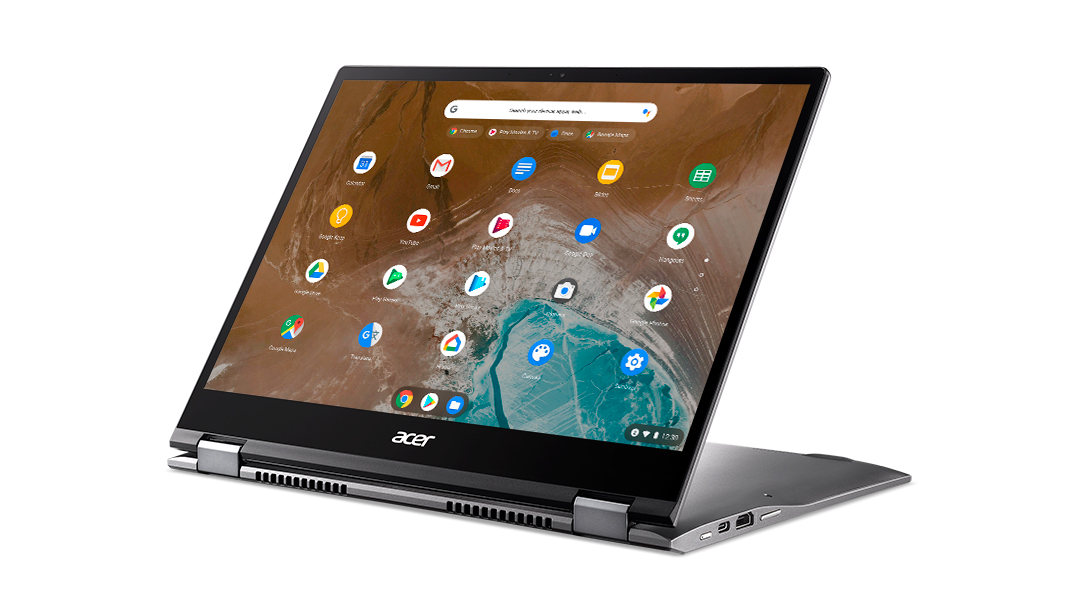
 Acer Chromebook Spin 713 review: A high-end package with a budget price
Acer Chromebook Spin 713 review: A high-end package with a budget priceReviews A premium Chromebook with a mid-range price and great performance, this is a very tempting machine
-
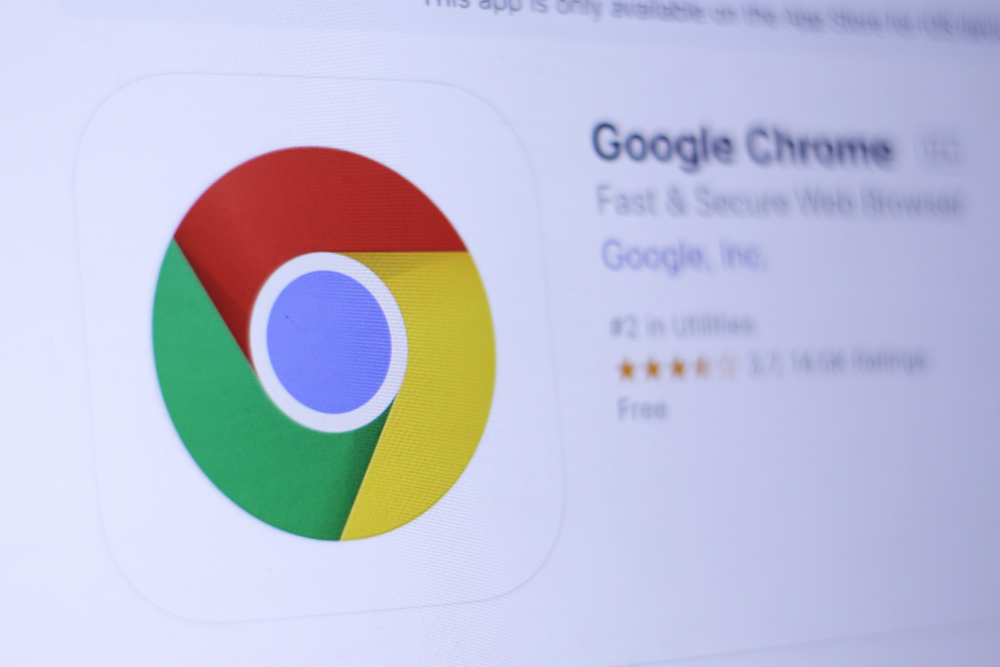 Google speeds up Chrome update cycle to four weeks
Google speeds up Chrome update cycle to four weeksNews Enterprise administrators will have a slower eight-week option to manage the update
-
 Chrome 87 arrives with bolstered performance and security
Chrome 87 arrives with bolstered performance and securityNews Final update of 2020 for Google's web browser will bring changes to search and open tabs
-
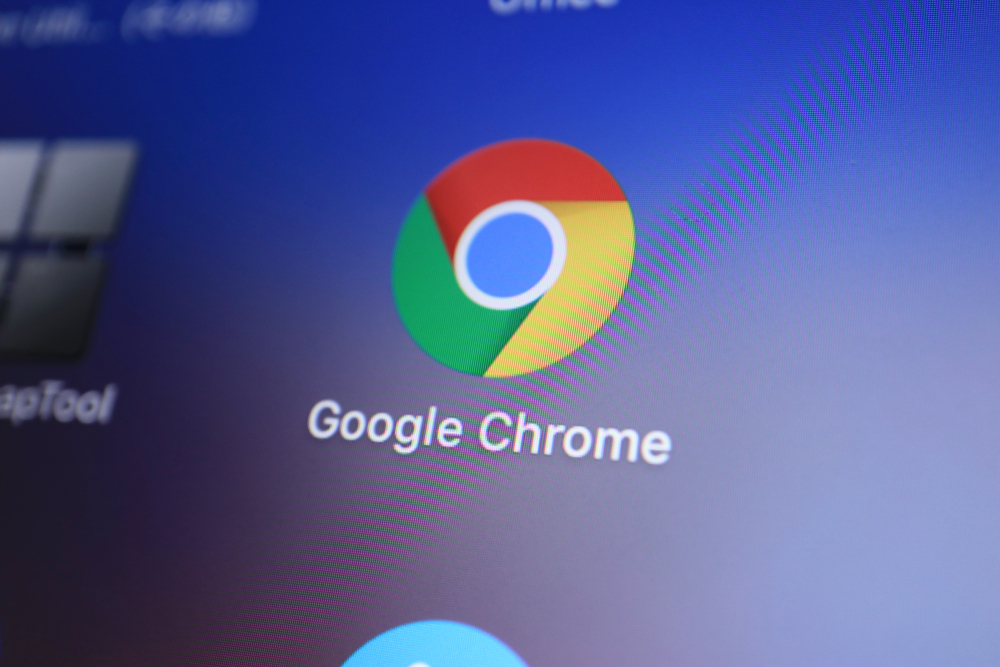 Chromium browser updates are creating random debug.log files
Chromium browser updates are creating random debug.log filesNews Fortunately, there’s a simple fix for the issue
